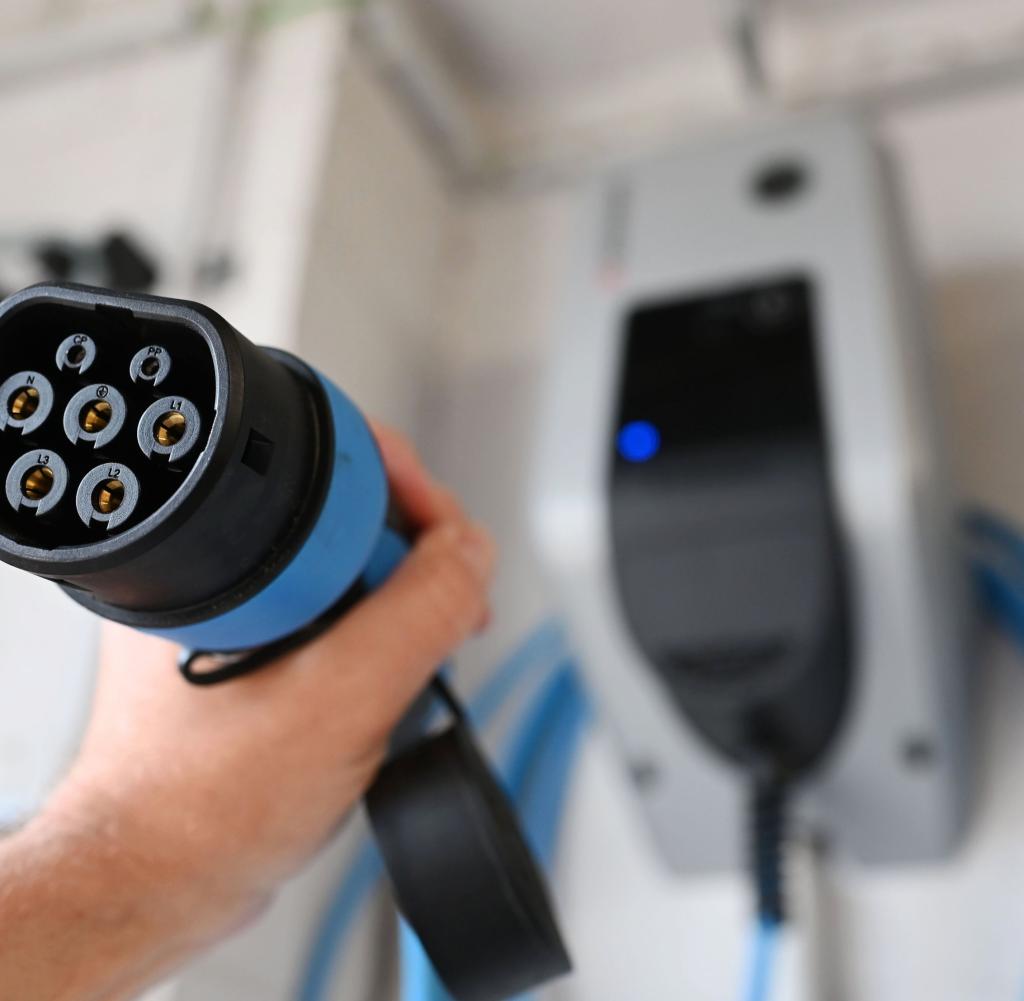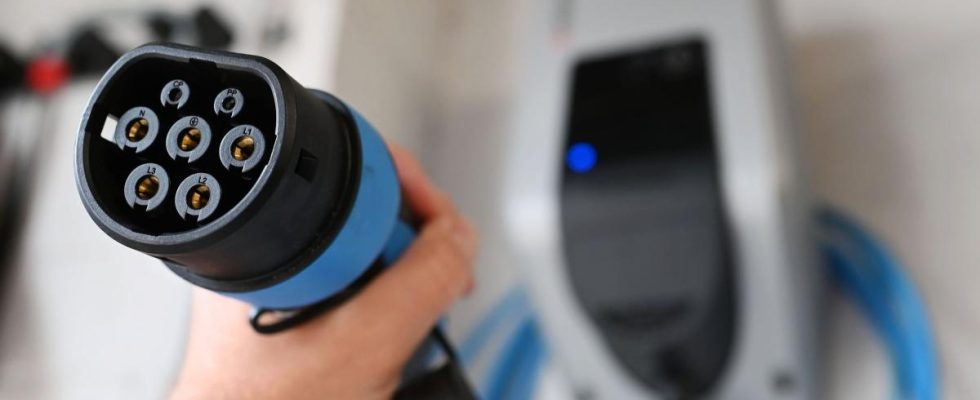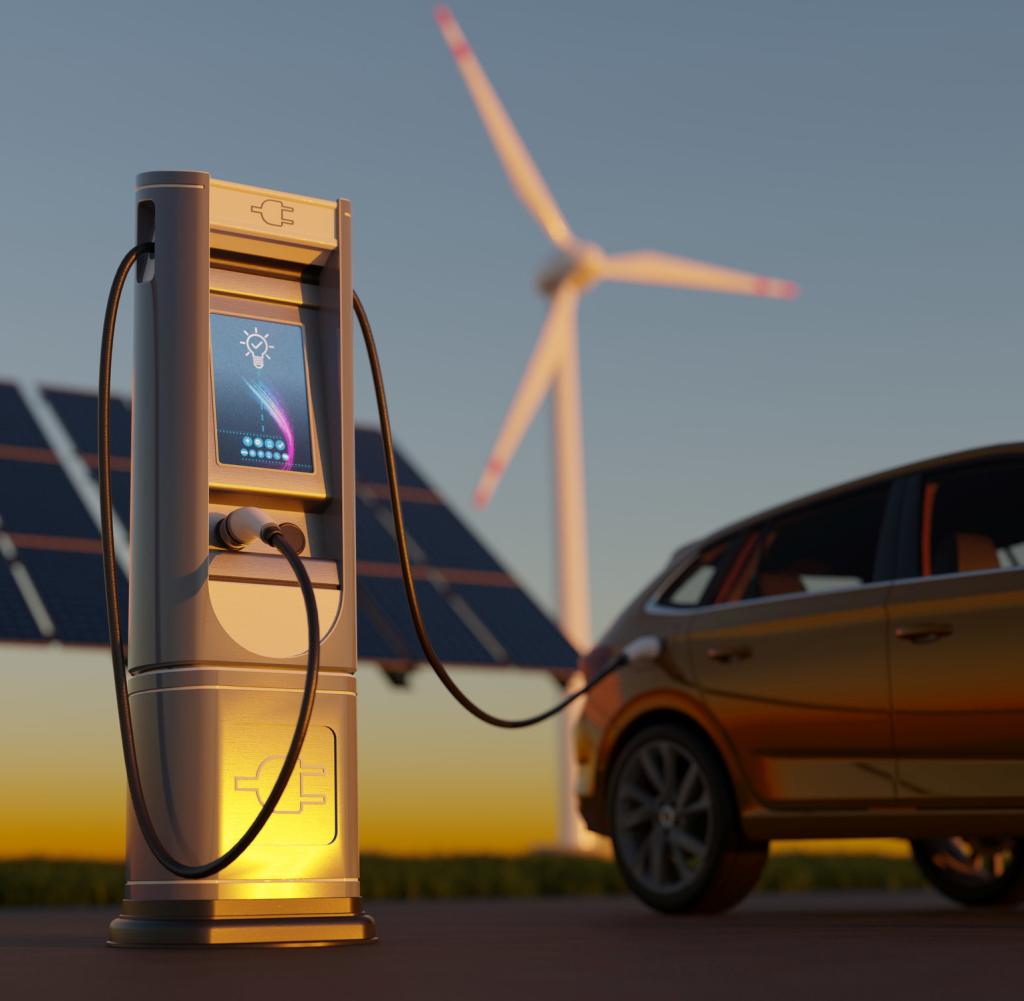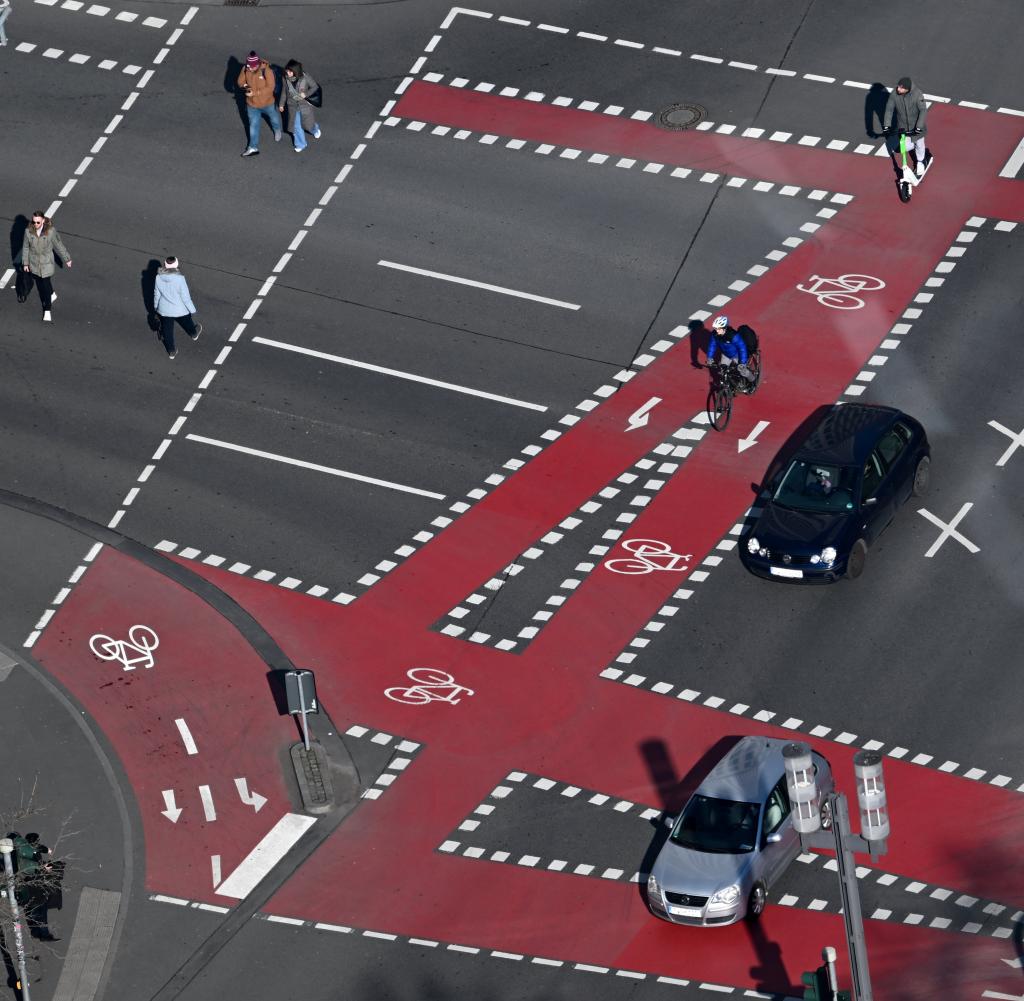Solar power subsidy program for electric cars exhausted after one day

The charging plug of a wallbox. The federally funded “Solar Power for Electric Cars” program was quickly fully booked
Source: dpa/Uli Deck
The federal government wanted to financially support the purchase and installation of charging stations for electric cars. The funds could be applied for for almost 24 hours – then the funding pot was empty again. Tens of thousands of homeowners took part.
FFunding stopped shortly after the program started: Because of the big rush the new funding program Funds have already been allocated for charging electric cars with solar power. “A total of around 33,000 applications were approved – despite technical delays,” said the state development bank KfW on Wednesday night.
The ones from Federal Ministry for Digital and Transport The granted budget of 300 million euros for 2023 has therefore been exhausted. As soon as additional budget funds become available, KfW would like to inform about this in its newsletter.
On Tuesday, the first day of the program, there had already been around 23,000 commitments with a volume of almost 200 million euros by 6 p.m., the ministry announced on Tuesday evening upon request in Berlin, citing KfW figures. The high demand temporarily caused the KfW customer portal to be overloaded.
The so-called “first come, first served” principle applied.
For the promotion (here are the guidelines) A total of 500 million euros is available. The “first come, first served” principle applies: applications are accepted as long as there is still money in the pot. If the volume is exhausted, a funding stop will be imposed. This year the total volume was 300 million euros, and the ministry plans to provide a further 200 million euros next year.
The purchase and installation of a charging station for electric cars in combination with a photovoltaic system and a solar power storage system are supported. According to the ministry and KfW, as part of the “Solar Power for Electric Cars” program, there is an investment grant of up to 10,200 euros for owners of owner-occupied residential buildings who own an electric car or who have ordered an electric car at the time of the application.
Applications for the new program have been available online since Tuesday (September 26th). According to the information, KfW processed well over 20,000 applications within the first ten hours – despite the systems being overloaded at times.
In the first three hours of the application launch alone, there was a run of over 100,000 visitors. From the opening of the program on Tuesday at 8 a.m. to 6 p.m., more than 190,000 visitors were recorded, and almost 66,000 users have registered since then.
Minister Wissing sees “overwhelming response”
Federal Transport Minister Volker Wissing (FDP) spoke of an “overwhelming response”. The funding program “obviously hits the right nerve with the population”. Charging at your own home reduces the need for public charging, relieves pressure on the power grid and enables citizens to save on energy costs.
The maximum funding amount can therefore only be received by those who allow their vehicle’s battery to be discharged. The battery can thus serve as a small part of a reserve from which electricity can flow back into the network if necessary or can be used in your own home.



